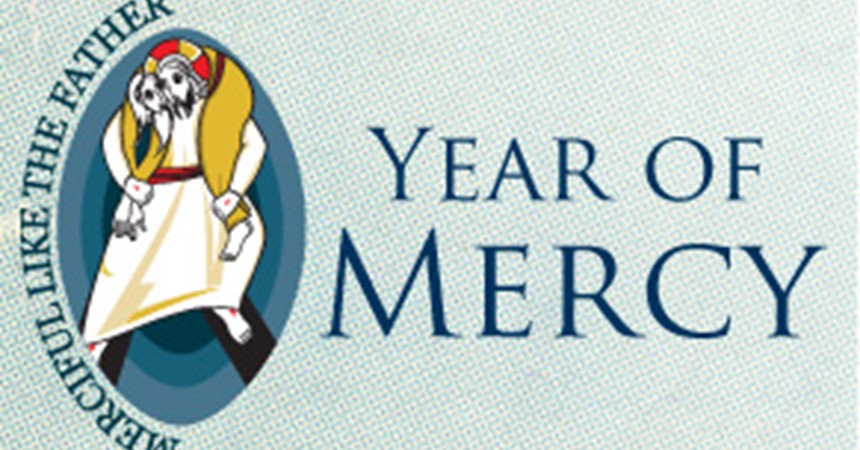We all look for consistency, efficiency and reliability in our work tools. We seek constancy in love, understanding and sincerity in our relationships. In other words we look for a tried and true “default position!” In these days of ‘key performance indicators’ in the workplace we may struggle to find our way!
In this Year of Mercy, Pope Francis invites us to set our default at MERCY, which Shakespeare describes in his famous “quality of mercy” speech as an “attribute to God Himself…”[i] It could be said that during Lent, when we are invited to more intentional “prayer, fasting and almsgiving” [Matt 6:1-6] one of the favoured default settings for Australian Catholics is Caritas Australia’s Project Compassion, one of the largest fundraising and awareness-raising appeals in Australia.
Through the stories of Project Compassion, we are invited, through the work of our global partners, to engage with God in the mission of justice. Cardinal Walter Kaspar describes justice as “God’s Mercy.”[ii] The readings used in the Mass from Ash Wednesday to the final week of Lent consistently urge us to participate in ‘actions’ of Mercy.
In finding our own default setting it may be helpful to reflect on our capacity to cultivate an attitude of mercifulness. Archbishop Desmond Tutu and the late Nelson Mandela frequently used the concept of Ubuntu to express their understanding of what it means to be merciful. For them, Ubuntu captures the quality of mercy that is core to being a good global neighbour. A person who is merciful is welcoming; hospitable; warm; generous; willing to share; open and available to others and willing to be vulnerable…
In the Gospels, these attributes describe the Jesus we meet! Jesus’ life and teaching provides the strongest hint – for finding our own ‘default setting!’
When Pope Francis announced the Year of Mercy and threw open a door which had been previously bricked up, his symbolic action reminded many in the Church of the plea of Pope St John XXIII for the Second Vatican Council to “open the windows” and let God’s Spirit blow in – and out!
In a recent editorial, Ann Gilroy rsj notes:
“Opening the door to mercy is a personal as well as
a community challenge. Just as a door is an entry and an exit,
so the work of mercy is within and around us…”
and we have a year to practise!
It’s a year for the Church to relieve suffering more intentionally,
allowing healing and hope to well up within the community
in neighbourhoods and around the world.”[iii]
Australia is so richly blessed with natural beauty, abundant resources and a culturally diverse population, but many of the world’s poor live in countries near us – in East and South-East Asia and the Pacific.
In being effective followers of Jesus we each, in our own ways, work towards the cultivation of mercifulness – or “Mercy-ing”[iv] - as Pope Francis described his own desired default setting in 2013.
Project Compassion is a means to channel our ‘small acts of kindness’ towards “Women, children and men most vulnerable to extreme poverty and injustice, who are rich in the eyes of Jesus, whose life and compassion inspire Caritas Australia.”[v]
In an address to the Sisters of Mercy in Baltimore (USA) in 1992, Margaret Farley rsm advised:
“In the end we shall be asked only one thing,
‘Were you merciful?
...It will be a question of the heart.”[vi]
May we, as individuals and as a community be confident in answering in the affirmative!
[i] Shakespeare, William. The Merchant of Venice (Act iv Scene 1)
[ii] Kaspar, Walter. Mercy, the Essence of the Gospel and the Key to Christian Life. Paulist Press N.Y. 2014.(p.12)
[iii] Gilroy, Ann. (Ed.) Tui Motu InterIslands Magazine, Auckland N.Z. February 2016
[iv] Pope Francis cited at http://www.ignatianspirituality.com/18822/mercy-ing
[v] Caritas Australia. Strategic Directions 2013-2018 (p.6)
[vi] Farley, Margaret. One thing Only Is Necessary. Address presented to the Baltimore (USA) Regional Community Chapter, January 24, 1992



























































































